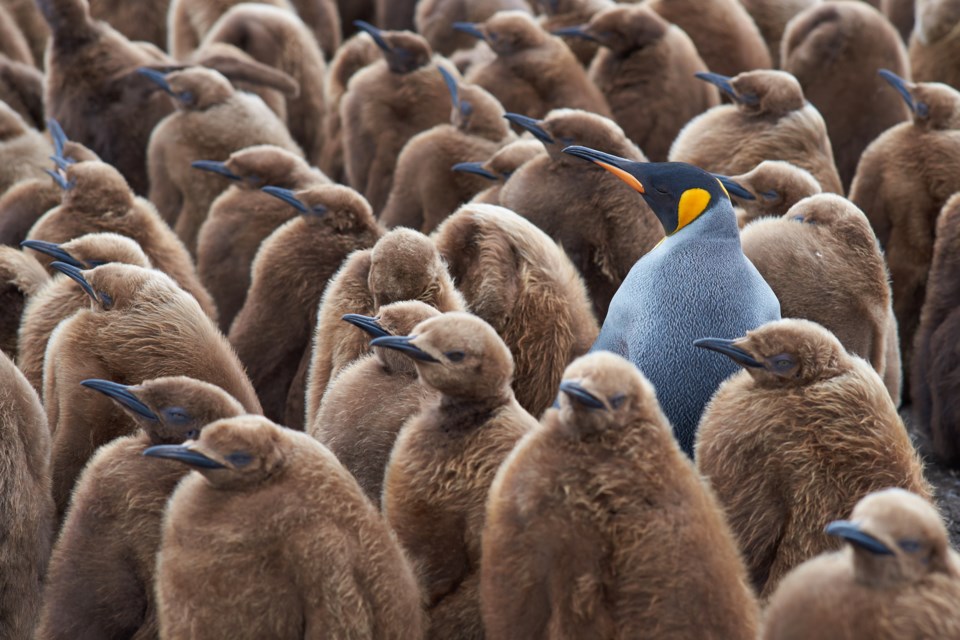When would-be Liberal candidate Naomi Sayers was rejected by the party, first in favour of an out-of-town teen, and then another parachute candidate from further away, she decided to run anyway -- as an independent.
But can a candidate win on their own in a system where parties -- and the financial resources, name recognition and other perks they bring with them -- dominate the political landscape?
It's a tough go, say political experts.
This is especially true in Ontario compared to any other province, said Nelson Wiseman, professor emeritus in politics at the University of Toronto.
Wiseman said in the last 70 years, very few independent candidates running in a provincial election have been successful.
One example is Peter North, who represented the Elgin riding as a New Democratic member but resigned from then-premier Bob Rae’s cabinet after being the topic of a scandal.
North, who was the incumbent, ran as an independent in 1995 and won, becoming the first independent MPP elected in Ontario in decades.
He had the obvious advantage of incumbency, which gave him the benefit of name recognition, said Algoma University part-time politics professor, Thomas McDowell.
The Sault Ste. Marie-based professor said being an independent allows political candidates to run as an outsider and take positions that might be contrary to the broader provincial party position.
“That allows them to focus more intently on issues of local and regional concern,” McDowell added.
For Wiseman, independent candidates are “not on a leash” and can say anything they want as they are free from having to go along with a party line.
That is, he said, “if they get elected – which they won't.”
Wiseman predicts no independent candidates are going to get elected in this election, nor does he think any are going to get significant votes.
“How many candidates ran in the last election and how did they do? They all did disastrously,” he said. “An independent doesn't have any power. Parties run the government. So if you elected an independent candidate, what can they do?”
Sayers, who will be the Sault Ste. Marie riding's lone independent on the ballot next Thursday, said that regardless of the outcome, she “at least tried, had fun (campaigning) and met a lot of people while doing it.”
“The reality is that I probably won't win,” said Sayers, noting that most independent candidates don’t win.
But the Indigenous lawyer said engaging in conversations about what matters to others have motivated her to stay on the race.
“A lot of people are feeling unheard, ignored, left out or not included. So I think for those people, it’s beneficial (to have an independent candidate),” she said.
Sayers, who was rejected as the Liberal nominee for the riding in favour of a teen who was then himself ousted in favour of Liam Hancock, who hails from Etobicoke-Lakeshore, said her campaign has been all self-funded and dependent on donations and volunteers as she doesn’t have the backing of a party.
“It's really hard to canvass, just because I'm one person,” she said. “I have to use different tools.”
McDowell, who was born and raised in the city, noted that there isn’t a long list of independent candidates in the history of Sault Ste. Marie, adding “It's not something that is done particularly often.”
He said one of the contributions Sayer’s campaign makes is her capacity to run as an outsider and challenge existing systems and structures.
“The originality of her independent candidacy (as a female Indigenous candidate) adds a different voice than what Sault Ste. Marie has heard in the past,” said McDowell.
